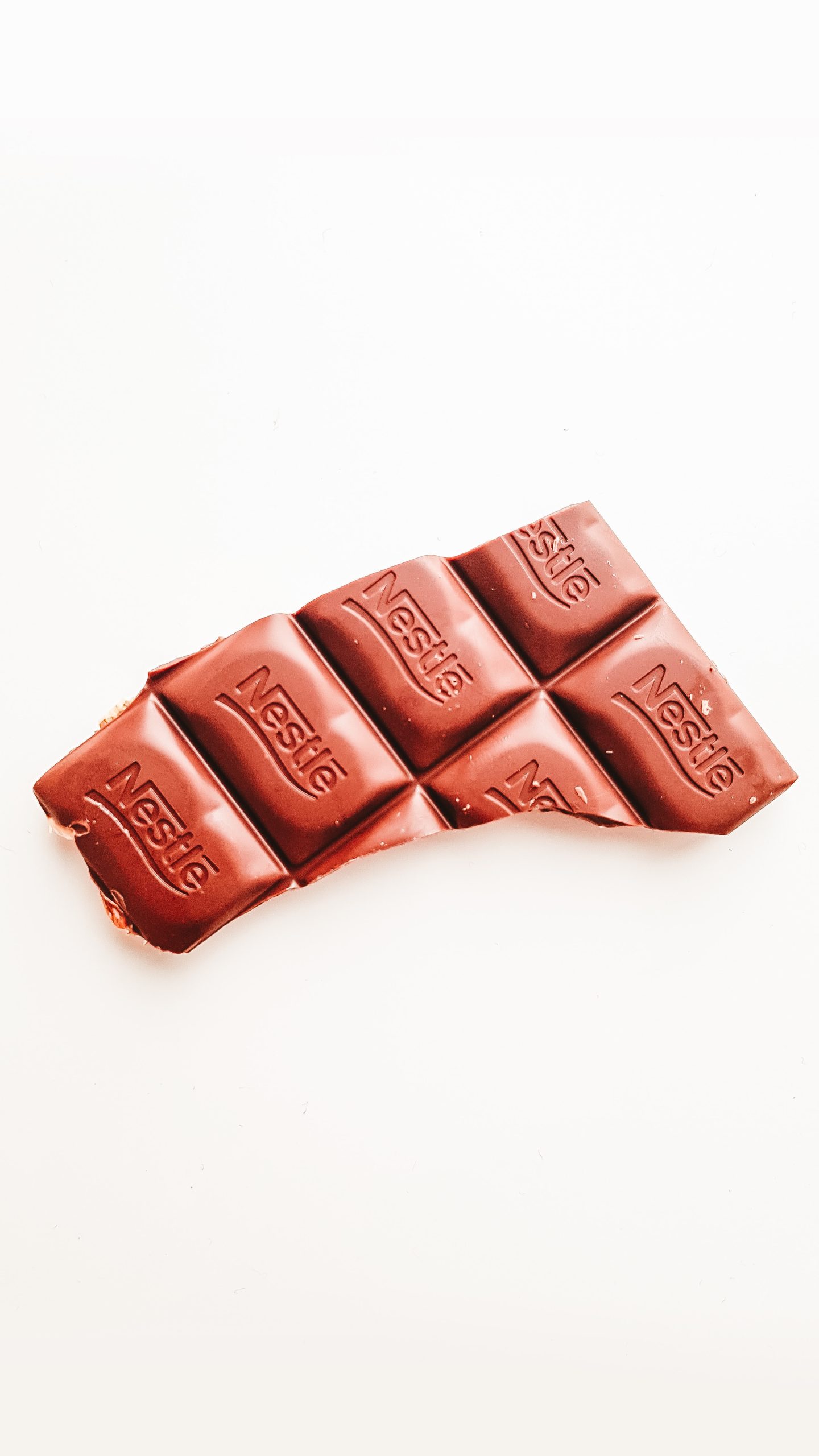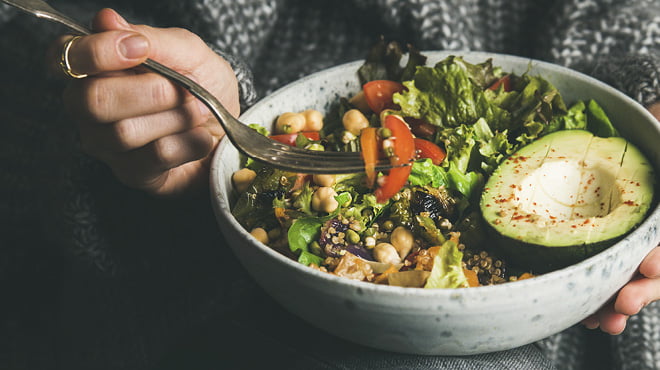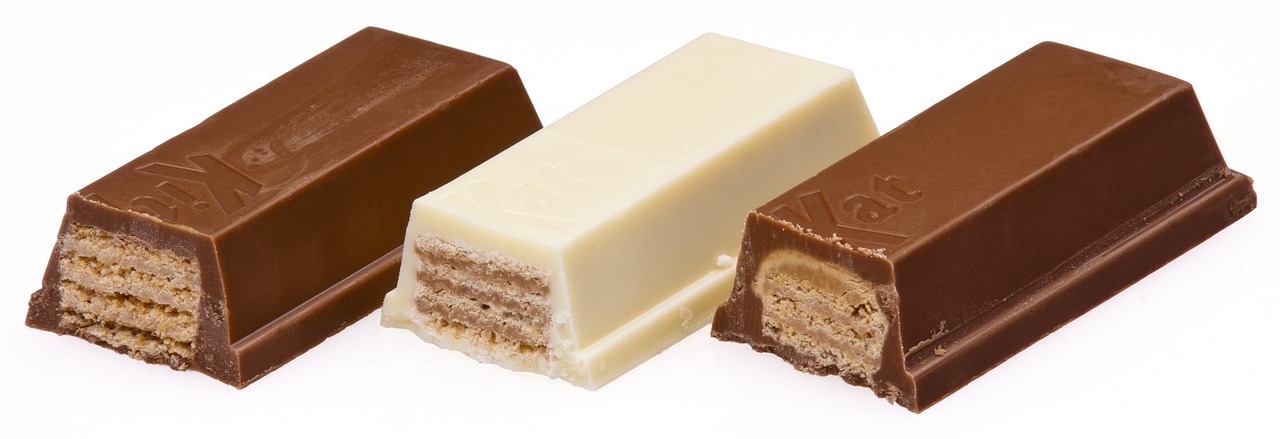Introduction
Nestlé, a name that rings familiar to almost everyone. From KitKat bars to Nescafé coffee, their products are found in grocery stores and kitchens around the world. But have you ever stopped to wonder how healthy these products actually are? In this blog post, we dive into the truth about Nestlé’s products and explore why less than half of them can be considered healthy options for consumers. Get ready for some eye-opening revelations!
What is Nestlé?
Nestlé is a Swiss multinational food and beverage company that was founded in 1866. It is one of the largest food companies in the world, with over 2,000 brands in its portfolio. Some of Nestlé’s most popular products include KitKat chocolate bars, Nescafé coffee, Gerber baby food, and Perrier water.
The company operates in more than 190 countries around the globe and employs over 300,000 people. Over the years, Nestlé has expanded its reach beyond just food and drinks to also include pet care products and pharmaceuticals.
Despite being a household name for many consumers worldwide, Nestlé has faced criticism for its business practices. Environmental groups have accused the company of contributing to deforestation through sourcing palm oil from unsustainable sources. Additionally, some advocacy groups have raised concerns about child labor abuses in Nestle’s cocoa supply chain.
While many may be familiar with Nestlé as a brand name due to their wide range of products available on supermarket shelves worldwide, there are important considerations about how they operate as a corporation that consumers should keep in mind when deciding whether or not to purchase their goods.
The Truth about Nestlé’s Products
Nestlé is a multinational corporation that produces various food and beverage products. However, the truth about Nestlé’s products may not be as healthy as one might think. According to a recent study, less than half of their products are considered healthy.
In fact, many of Nestlé’s products contain high amounts of sugar, salt, and unhealthy fats. These ingredients have been linked to various health issues such as obesity, heart disease, and diabetes.
Moreover, some of Nestle’s marketing tactics can be misleading. They often use buzzwords like “all-natural” or “organic,” but these claims may not necessarily mean the product is actually healthy.
It’s also important to note that just because a product isn’t considered “healthy” doesn’t mean it should never be consumed. It all comes down to moderation and balance in one’s diet.
It’s crucial for consumers to educate themselves on what they’re consuming and make informed decisions when purchasing Nestlé (or any other) products.
Why are Nestlé’s Products Unhealthy?
Nestlé’s products have been widely criticized for their unhealthy nature, and some of the reasons behind this are as follows:
Firstly, many Nestlé products contain high amounts of sugar, which can lead to a range of health problems. Excessive sugar consumption has been linked to obesity, diabetes, and heart disease.
Secondly, Nestlé uses artificial flavors and preservatives in many of its products. These chemicals have been shown to be harmful to human health when consumed in large quantities over time.
Thirdly, Nestlé is known for using palm oil in many of its products. The production of palm oil has led to deforestation and habitat destruction in tropical regions around the world.
Nestle’s marketing tactics often target children with colorful packaging and cartoon characters that make their products appealing. This has contributed significantly to childhood obesity rates worldwide.
It is important for consumers to be aware of these issues when choosing what they consume daily. There are healthy alternatives available that can help individuals maintain a balanced diet while supporting sustainable practices in food production.
What are the Alternatives to Nestlé’s Products?
When it comes to alternatives to Nestlé’s products, there are plenty of options available in the market. The first thing that you can do is to switch to organic and natural food brands that offer healthier options for snacks and beverages.
One popular alternative is the brand “Simple Truth,” which offers a range of organic and non-GMO products. They have an extensive line of snacks such as popcorn, trail mixes, and crackers without any artificial flavors or preservatives.
Another great alternative is “Bare Snacks” which produces healthy snacking options such as apple chips or banana chips with no added sugar or preservatives, making them perfect for those who want something sweet but not unhealthy.
For milk chocolate lovers, try out Ethical Bean’s fair trade chocolates made from cocoa beans sourced from sustainable farms. In addition to being environmentally friendly, these chocolates are also free from GMOs and harmful additives.
If you’re looking for a way to replace your bottled water habit while still staying hydrated throughout the day with fewer chemicals involved in your consumption process then consider buying a reusable water bottle like Hydro Flask instead!
Switching over Nestlé’s products may seem daunting at first due to their popularity and convenience; however many other healthier brands exist on shelves today!
Conclusion
In today’s world, where people are becoming more health-conscious and aware of the ingredients in their food, it is important for companies like Nestlé to provide healthier options. However, as we have seen from our analysis, less than half of Nestlé’s products can be considered healthy.
While it is true that some progress has been made towards offering healthier products, such as reducing sugar and salt content or introducing plant-based alternatives, there is still much work to be done.
As consumers, we have the power to make better choices by opting for whole foods or choosing brands that prioritize health and sustainability. It is up to us to demand transparency and accountability from companies like Nestlé when it comes to the quality of their products.
While Nestlé may have a long way to go in terms of providing healthier options for consumers, we must all take responsibility for making informed choices about what we eat. By doing so, we can create a shift towards a more sustainable and nutritious food system.










